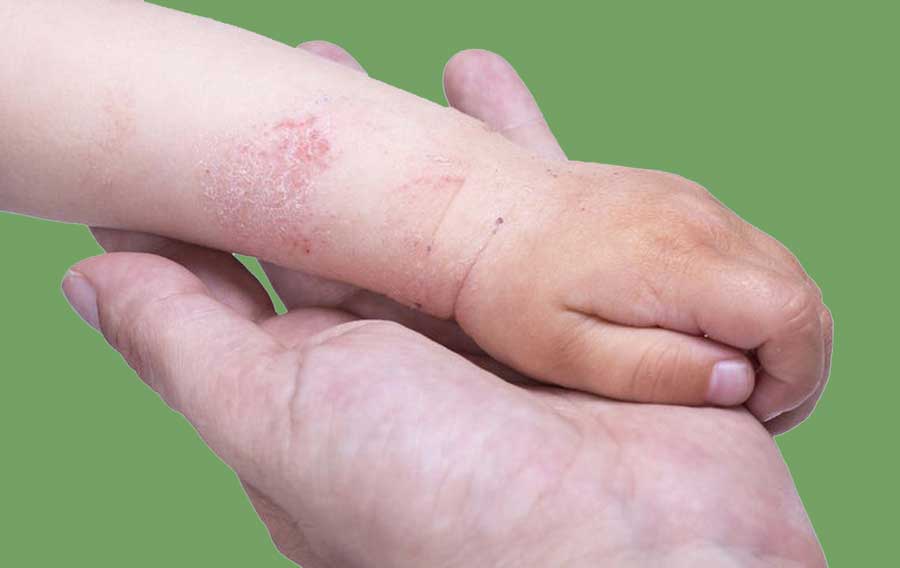While there is a large focus on physical health in our culture, it’s common for people to ignore signs that they’re struggling with a digressing and unhealthy mental state.
Thankfully, there are many treatments and prevention centers to help those in need recognize they have an illness and get help. Regular meetings with a healthcare provider, and therapies like the best ketamine treatment available can greatly help you push through your mental illness.
However, you might be skeptical whether you’re struggling with a mental health issue or not. Not all symptoms are obvious – sometimes, we need brace ourselves for a deep look within.
Here are four red flags that you should be on the lookout for. Awareness of these red flags will reveal whether you might be struggling with a serious illness or not, and help you decide whether a meeting with a specialist is worth it.
1. Withdrawal from Friends & Activities
If you have noticed that lately you would rather stay in bed by yourself than hang out with your friends or do other activities that you used to enjoy, you may want to think about going to see a professional in the healthcare field.
While there is probably no need to worry if you skip out on one night out in the interest of self-care or to get a good night’s sleep for work, make sure that you do not completely distance yourself from the things and the people that you love.
2. Major Changes in Diet
Changes in diet are also one of the most visible factors of deteriorating mental health. This could mean eating either much more than usual or eating much less. Regardless, both are equally harmful to the body and should be taken seriously.
If you, or more likely your family and friends, have noticed major changes in the way that you eat—especially when coupled with any of the other signs of depression or other mental health disorders—you should seek assistance.
3. Alcohol or Drug Abuse
A lot of those who are suffering with a mental illness cope only with the assistance of substance abuse. Alcohol and many popular drugs are depressants, so it is only common sense to think that they can be used to numb any hyperactive minds or lowerany depressive tendencies.
Look out for unhealthy coping mechanisms like binge drinking or constant drug use – be honest with yourself. It will help you figure out if you should see a mental health professional.
4. Sleeping Pattern Changes
Much like the dietary changes, you should also look out for changes in your sleeping patterns. Whether you are sleeping much more or much less than usual, this can be a tell-tale sign of depression and anxiety.
What to Do
Mental health conditions will rarely ever improve without help.So do not let any red flags that you have seen in yourself stand.
If you have any concerns about your own health, make sure that you reach out to friends, family, and a mental health professional as soon as possible. Asking for help is one of the hardest parts of those suffering with mental illnesses, but it’s the first step towards a better life.
If you or a loved one have shown one or more of these red flags, be sure to get yourself or your loved one the help that they need to overcome the illness.
Mental illnesses are just as dangerous as physical illnesses like cancers and other diseases, so it is important to take the diagnosis and treatment of mental illnesses just as seriously.
If you find yourself struggling with mental illness, seek out your medical health provider or call the National Suicide Prevention Lifeline at 1-800-273-TALK (1-800-273-8255) if you are in the United States.












